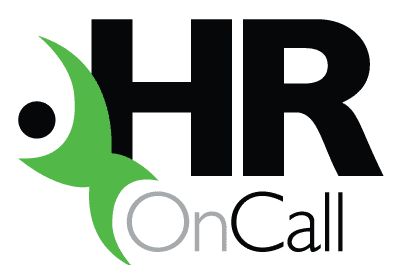When recruiting staff is tough because demand exceeds supply, part of the solution lies in retaining and developing your existing employees to grow alongside your business. Here’s how to help keep employees feeling the love.
The Post-Covid labour market in Australia is a seller’s market. This means there is a surplus of job vacancies compared to the number of appropriate applicants competing for them. If you’re a small business struggling to recruit, you’re definitely not alone! In a series of three articles, we delve into some insider’s tips about how to be smarter in order to retain talent, attract talent and win talent in a tightening employment market.
Why retaining employees is vital
In an employment market where demand is greater than supply, it makes good sense to keep your valued employees committed and thriving in your workplace. Recruitment is not only an expensive and often time-consuming process, but in the post-Covid world, you may not find the person you’re looking for at all. Here are some next-level HR tips for retaining talent.
It’s not (just) about the money
This may come as a surprise to some, but a bigger pay-check is not the way to an employee’s heart. While salary is a factor in taking a role in the first place, it is not always a great motivating factor to stay. Instead, employees value other things such as autonomy, mastery and purpose.
Autonomy means being trusted to manage and take control of their own work rather than have a supervisor micromanage them. Mastery is about employees having opportunities in their roles to get better at what they do and to be both supported in their development and recognised for their progress. Purpose is working within an organisation that’s mission is aligned with the employee’s personal values – a sense of being part of something bigger than themselves.
All these non-monetary factors are powerful motivators that foster not just performance benefits for employers but loyalty as well.
Communication and community
Creating a sense of community is another important way to help develop loyalty and job satisfaction. Community is about employees feeling connected to each other as well as to the business. Holding regular social events, including an employee’s family in company gatherings, even letting staff bring their dogs to work on occasion are all ways to encourage a feeling of belonging, being understood and accepted for who they truly are – not just the skills they bring to the business.
During the pandemic, virtual community networks, such as Slack, give employees the opportunity to express themselves, share what’s on their mind and participate in company social events such as lunches, games and
other group activities. These networks also offer a great opportunity to recognise employee contributions in front of their peers. A simple shout-out for a job well done goes a long way to helping people feel recognised and valued.
Communication should always be sincere, transparent and offered with empathy and kindness. Everyone is feeling some stress right now because of the uncertainties around work, travel, home-schooling children and being separated from loved ones. By addressing these concerns frankly and acknowledging what people are going through, employers can help staff feel understood and secure. And when people feel that their employer genuinely cares about them and their wellbeing – they are much more likely to want to stay.
Flexibility is here to stay
Covid certainly brought in new dimensions of flexibility in workplaces around the world, but flexible working arrangements will continue after the pandemic. It’s important to note that flexibility can mean different things for different people. Flexibility can relate to whether an employee works from home or on-site in a workplace. It can mean working part days, or only on certain days of the week. It can also mean working full time but with time dedicated to caring for children or other commitments within working hours. Or a combination of all of these things.
Whatever sort of flexibility is valued by employers or employees – having these conversations and finding suitable arrangements will be the expectation going forward. The most important thing to remember about flexibility is that it has to be a two-way street that works for both employees and the employer. Taking a positive, transparent approach and setting up the systems to effectively manage flexible work arrangements will create the sort of working environment which gives employees the opportunity to find a better balance between all of their commitments.
Need specialist HR advice and support?
We’re here to help. Call us on 1300 827 566 for a free 15-minute call.



